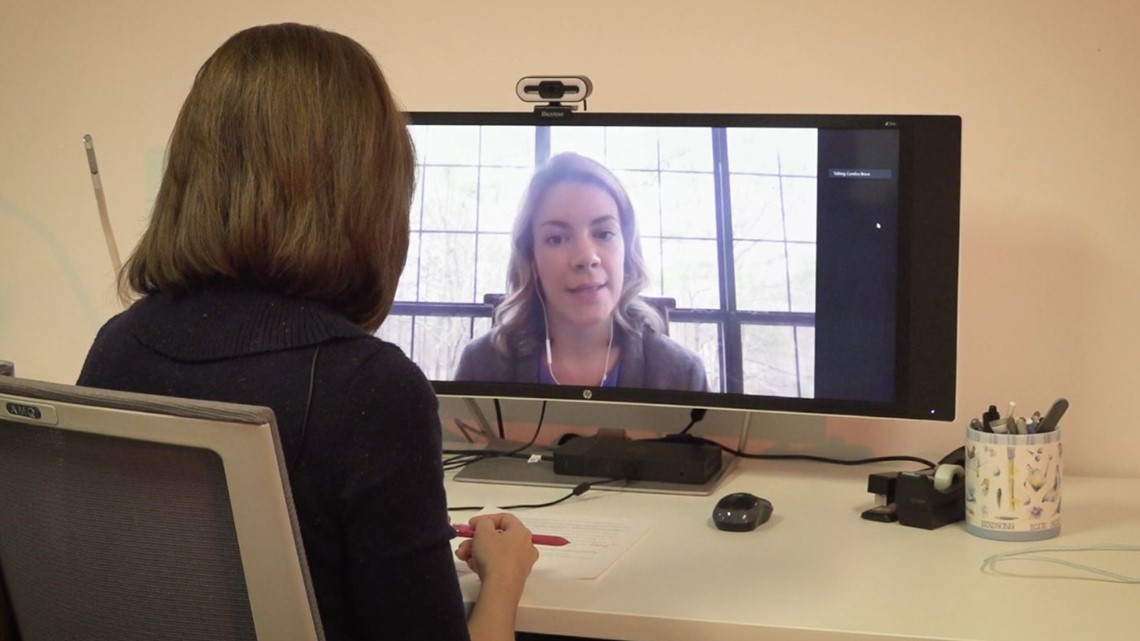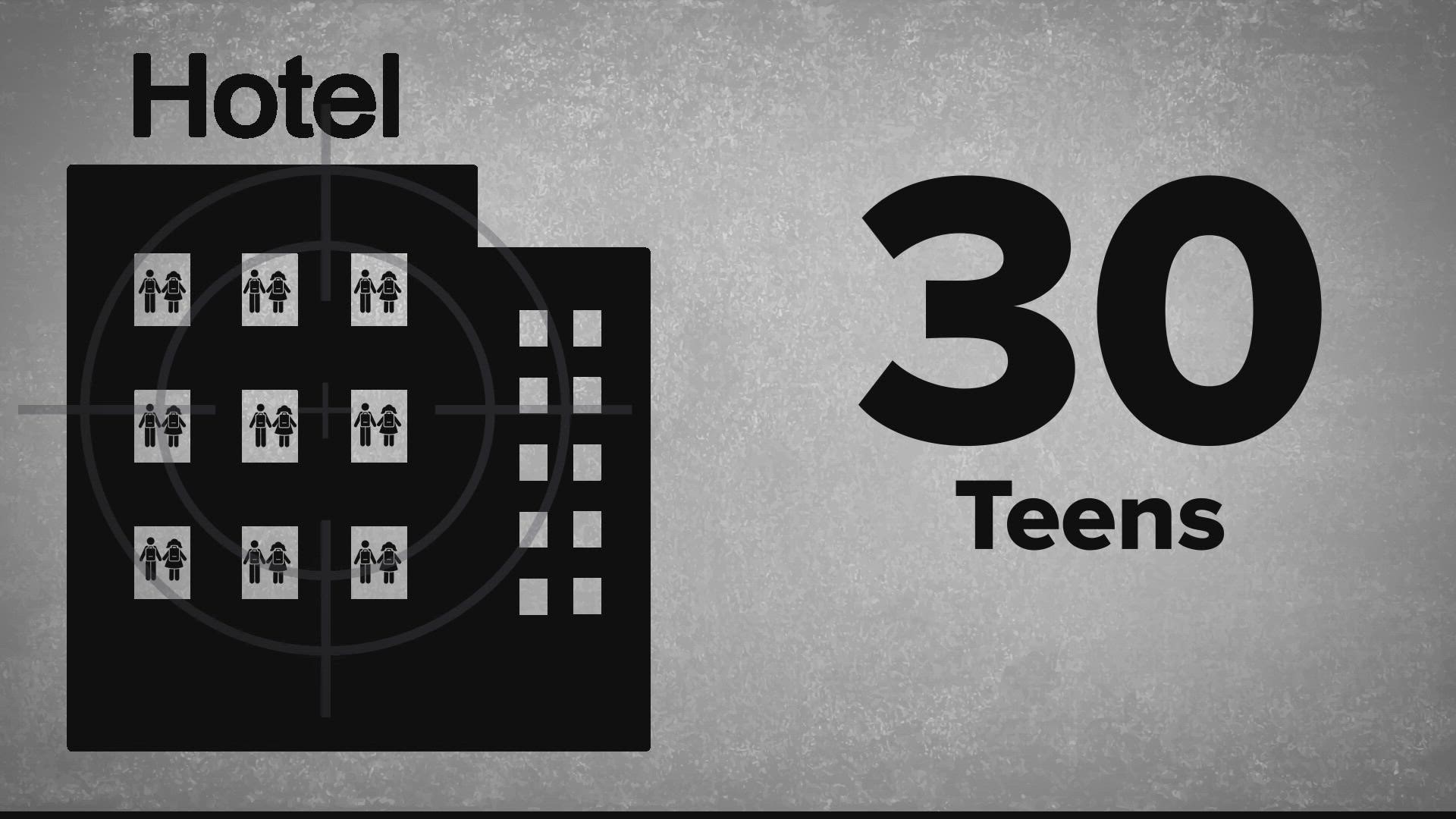ATLANTA — Lawmakers went into the legislative session promising to make mental health reform a priority.
Leaders of both the House and Senate said candidly it would require a combination of efforts from legislation and appropriations, to policy and procedure changes within state departments.
On Tuesday, Georgia’s House approved an 80-page reform of the mental health system led by Speaker David Ralston by a vote of 169-3.
It now moves onto the Senate, which already passed bills that show support for some of the concepts contained in HB1013. This includes mental health parity and funding for co-responder models that pair law enforcement with therapists to respond to 911 calls associated with a mental health crisis.
The scope of those reforms, along with additional efforts, will be the task of senators in the final few weeks of the session.
While the amended fiscal year budget is already in committee to hash out the differences between the two sides, both did approve $10 million in forgivable loans for those who pursue a career in the mental or behavioral health fields.
“I’ve been around this process almost 10 years, a number of years as a House rep and now this role," Lt. Governor Geoff Duncan said. "And I’ve never really seen an environment, a working relationship between the House and the Senate, as healthy as it is today. I know a lot of folks really want to solve real problems."
There’s still a long wish list to be discussed as lawmakers in both chambers debate next year’s fiscal budget.
Department of Human Services Commissioner, Candice Broce, said she’s trying to be candid about the needs.


“I think that it is a pretty big shock to people when they hear it point blank, Broce said in an interview with The Reveal's Rebecca Lindstrom. "Which really is an approach I'm trying to use because I think people need to know point blank."
Point blank, or put bluntly, parents are abandoning their children because our behavioral health care system either denies access or kicks kids out. It’s been the focus of The Reveal's year-long series #Keeping.
“When members of the public see the stories that you do and understand the problems, that kind of awareness really brings a lot of compassion and empathy to families who otherwise feel like they're isolated,” she said.
Because point blank, according to DHS data, every day Georgia is using hotels to house more than 30 teens, many of whom are abandoned.
“They move through every foster family that could take them," Broce explained. "They exhaust every group home that could take them. There have been cases where those children have been in hotels for months, which I think is just unconscionable."
Broce started to pay treatment programs higher rates so they could increase staff and get teens out of hotels and into therapy. The hope is the $6.7 million being used to support that effort will remain intact.
Those funds had originally been earmarked to expand therapeutic foster care (TFC). According to the Department of Community Health, which manages the state's Medicaid program, the federal government wouldn’t approve the expansion unless it was made available to every child receiving services.
While the Division of Family and Children Services had hoped to use TFC as a preventative tool to foster care, the federal government wanted a more obvious commitment. That’s why DCH has asked for $11 million to utilize TFC in its programs.
Broce suspects many children in the system have undiagnosed autism. She’s asked for about half a million dollars to find out. She’s also asked for $1.5 million to create community action teams that include a nurse, behavior aid therapist, and social worker to go to a child’s house, especially in rural areas.
“It feels to me that finally, the right people, given their positions, are willing to all talk about this at one time and acknowledge that there are shortcomings to the system.”
#Keeping is an investigative series that exposes the gaps in Georgia's mental health care system that cause thousands of children to be surrendered to state custody.
MORE FROM THE #KEEPING SERIES:
Speaker of Georgia House declares mental health reform a top priority. Here's what legislation is on the table.


